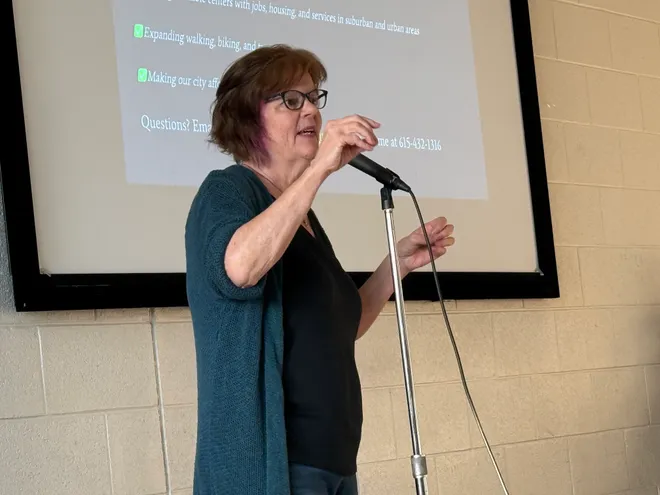Rezoning in Southeast Nashville: What’s at Stake for Homeowners and Buyers
A major rezoning proposal is stirring conversation in Glencliff, Woodbine, and Radnor, three Southeast Nashville neighborhoods. The proposed Urban Design Overlay (UDO), introduced by Metro Council Member Ginny Welsch, would allow increased housing density and design standards across more than 620 acres south of Thompson Lane, with additional acreage in Woodbine to the north.
Welsch told more than 100 attendees at Coleman Park Community Center that the overlay is a proactive step in shaping the area's growth. “Development comes whether we participate in it or not,” she said. “It behooves us to have the community lead the type of development we want.”
Why Is This Rezoning Proposal Happening?
As Nashville faces growing housing needs, rezoning has become a key strategy. The Metro Planning Department projects a need for 90,000 new housing units over the next decade. Rezoning proposals like this support the goals of NashvilleNext, the city’s comprehensive growth plan through 2040.
Mayor Freddie O’Connell echoed the importance of reassessing NashvilleNext to balance growth with preservation. The Urban Design Overlay aligns with this vision by allowing for medium- and high-density residential development along major corridors.
What Would Change?
If approved, the UDO would rezone the area to allow up to 20 or 40 housing units per acre. However, Welsch noted that large apartment buildings are not likely because of restrictions on building height, impervious surfaces, and plot sizes.
Each unit would be capped at 1,600 square feet, and the overlay would apply only to new construction—not existing homes.
Concerns from the Community
Despite the proposed limits, many residents expressed concerns about:
-
Neighborhood character potentially shifting too quickly
-
Increased traffic, especially near the intersection of Nolensville Pike and Thompson Lane
-
Transparency in the planning process
Some attendees voiced frustration over feeling excluded from the early stages of planning, while others supported the broader vision but wanted more clarity.
Welsch said the planning timeline was designed to create tangible materials and encourage broader engagement. She previously hosted a meeting in November but found it reached only a small segment of residents.
What’s Next?
The rezoning proposal will be reviewed by the Metro Planning Commission on April 24, followed by three readings in the Metro Council. Regardless of the outcome, the conversation reflects a broader shift in Nashville's urban growth—and how neighborhoods are preparing for the future.
For real estate professionals and families considering a move, developments like this highlight the evolving landscape of Middle Tennessee—where policy, opportunity, and community vision converge.
📞 Call/Text: (615) 734-0817
📧 Email: Jamison@BlackwellGroupTN.com
🌐 Explore Nashville Real Estate: JamisonBlackwell.com
Whether you're buying, selling, or planning your next move, I’ll help you navigate Nashville’s changing market with confidence.






